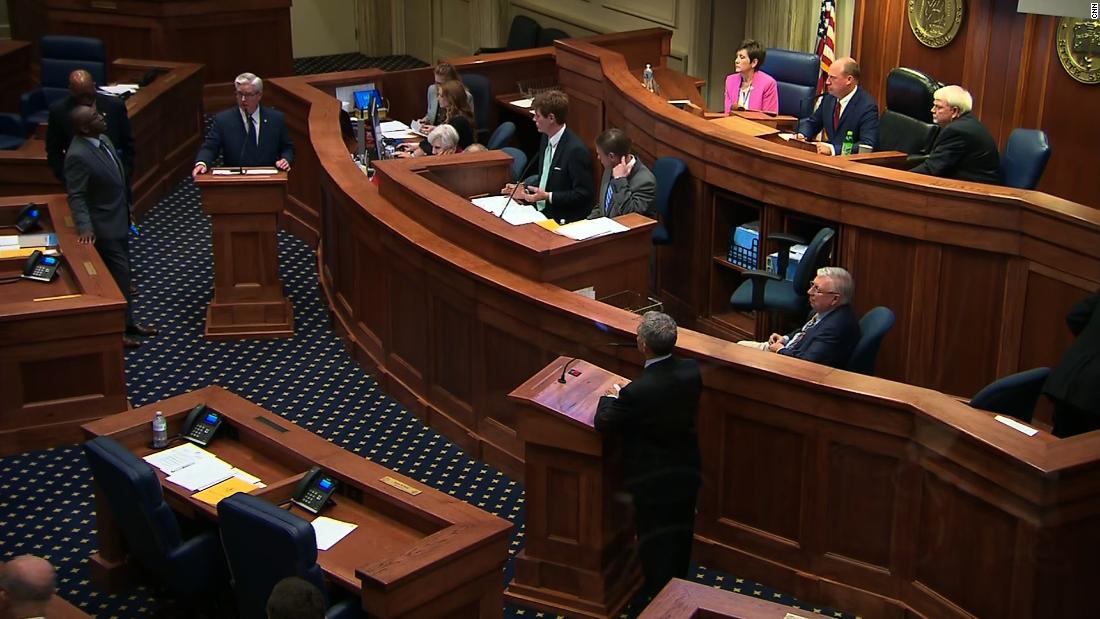In passing the US's most restrictive abortion bill, Alabama lawmakers join legislators in several other states in putting forth legislation to restrict abortion, such as Georgia's recent fetal heartbeat bill.
About the Georgia bill: Georgia Gov. Brian Kemp last week signed a bill that would ban abortions if a fetal heartbeat can be detected. That can happen as early as six weeks into a pregnancy — when many women don't yet know they're pregnant.
"(The bill) is very simple but also very powerful: a declaration that all life has value, that all life matters, and that all life is worthy of protection," Kemp, flanked by supporters of the bill, said before signing the legislation.
It's not just Georgia: Mississippi Gov. Phil Bryant signed a bill into law in March that would ban abortions once a fetal heartbeat can be detected, and Ohio Gov. Mike DeWine signed similar legislation in April.
But many times such bills are held up in committees, rejected in legislative votes, vetoed by governors and struck down in courts. No state has been able to put a so-called heartbeat bill into lasting practice.
In January, an Iowa judge struck down that state's fetal heartbeat bill, declaring it unconstitutional. The US Supreme Court has previously declined to weigh in after lower courts blocked bills in North Dakota and Arkansas.



